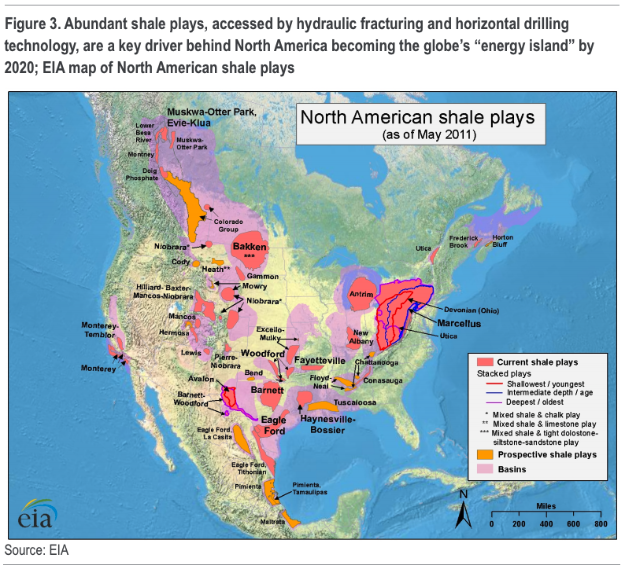
As with any industry, to make it in oil and gas you need to be properly trained and educated. This industry is so lucrative, you can simply make it based on your physical prowess alone as a driller, but most prefer to climb the ranks and reach the truly lucrative salaries that come with university degrees and accompanying certifications. If you enjoy science, math and computer-related education, such as oil and gas simulation and modeling, you can do well in this industry.
Industry Values
It’s easier to learn a skill than to absorb a value; after all, anyone can be taught, for example, how to negotiate land rights for an oil and gas company so that they own the resources gleaned from it. This, by the way, is the job of an oil and gas land man. Adaptability and versatility, an entrepreneurial spirit, the desire for growth and continued education, teamwork, collaboration, a positive attitude, the motivation to succeed, good work ethic and the drive to be dedicated to a company are all key values to have when working in the oil and gas industry.
Basic Skills
When it comes to actual prerequisites for working in oil and gas, there are several you must have before you can even apply for jobs, though they are considered very basic: a high school education, decision making and problem solving skills, the ability to organize your efforts, and computer literacy, as well as skills of active listening, mechanical aptitude, and documentation. If you are not proficient in math and science, this career path is most likely not suited for you.
Credentials
First of all, you need to get a degree in some speciality of the oil and gas industry, such as the previously mentioned role of land man or perhaps drilling engineer. This, though it is advanced education, still is a basic requirement of working in the oil and gas industry in high-paying positions. Beyond this education you need to get certifications such as those listed below, in order to be as successful as possible in the oil and gas industry.
Workplace Safety: Leadership, hazard communication standards, injury-related safety and behavior-based safety.
Oil & Gas Technical Training: Well optimization, rig pass, drilling competency, marine licensing and stability, and much more.
Drilling Well Control Training: Coiled tubing control and snubbing, wireline, work over, subsea or surface, and different levels of drilling.